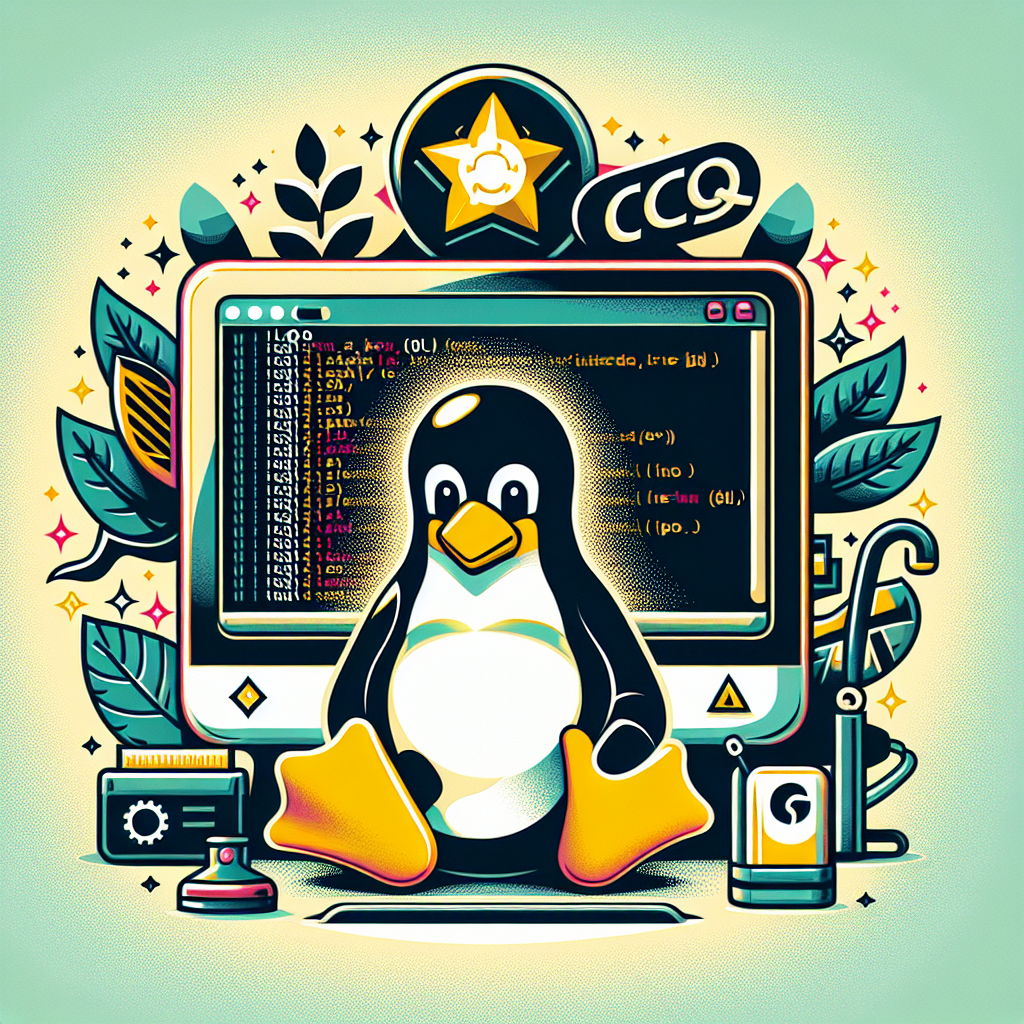jq command not found - Mac

Tutorial: How to Install jq Command on Mac
Context
JSON (JavaScript Object Notation) has become a popular data format for exchanging data between a server and a web application. Manipulating and processing JSON data efficiently is essential for many developers. This is where the jq command-line tool comes into play. jq is a lightweight and flexible command-line JSON processor that allows you to parse, manipulate, and extract data from JSON files effortlessly. It simplifies working with JSON data in the terminal, making it a valuable tool for developers working with APIs or handling JSON-based configurations.
Installation Steps
To install jq on your Mac, you can use the Homebrew package manager. Follow these steps to install jq:
Step 1: Install Homebrew
If you don’t have Homebrew installed on your Mac, you can install it by running the following command in your terminal:
/bin/bash -c "$(curl -fsSL https://raw.githubusercontent.com/Homebrew/install/HEAD/install.sh)"
Step 2: Install jq
Once Homebrew is installed, you can install jq by running the following command:
brew install jq
Step 3: Verify Installation
To verify that jq has been successfully installed, you can run the following command to check the version:
jq --version
If you see the version number displayed, it means jq has been successfully installed on your Mac.
Conclusion
Congratulations! You have successfully installed the jq command-line tool on your Mac. With jq at your disposal, you can now efficiently process and manipulate JSON data directly from the command line. Explore the various features and capabilities of jq to streamline your JSON processing tasks and boost your productivity as a developer.
The Importance of Open Source Software
Open source software plays a crucial role in the tech industry by fostering collaboration, innovation, and accessibility. It empowers developers and organizations to leverage and contribute to a vast ecosystem of tools and resources. By embracing open source software like jq, we not only benefit from its functionality but also contribute to the collective knowledge and growth of the developer community. Support open source projects to ensure a sustainable and vibrant software ecosystem for the future.

